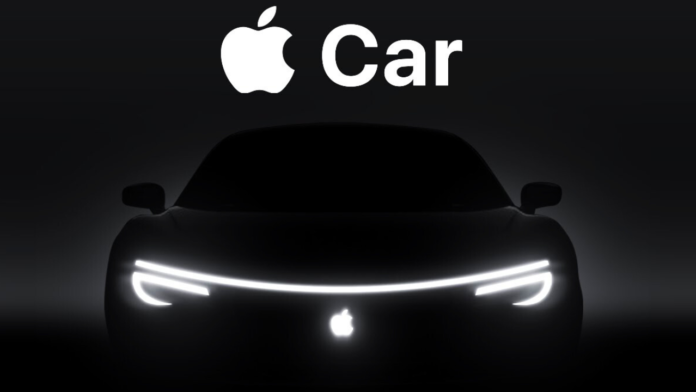Apple’s $10 billion failed car project: Learn from Apple’s ambitious yet costly journey into automotive innovation. Insights on Project Titan’s challenges, missed opportunities, and strategic decisions.
Apple’s Costly Venture into the Automotive Industry
In a recent report by Bloomberg, it was revealed that Apple’s ambitious foray into the automotive industry has come to a screeching halt after a staggering expenditure of $10 billion. What started as a promising endeavor to diversify revenue streams beyond hardware and software turned into a decade-long saga of indecision and technical hurdles.
The Ill-Fated Project Titan
Apple’s automotive aspirations took shape in 2014 with the inception of Project Titan, an ambitious initiative aimed at developing a fully autonomous vehicle. However, despite allocating approximately $1 billion annually to the project, the grand vision failed to materialize. Prototypes of the Apple car were confined to closed-course test tracks, unable to overcome the myriad technical challenges associated with autonomous driving.
Missed Opportunities and Strategic Shifts
Initially, Apple explored the possibility of acquiring Tesla, considering it as a viable entry point into the automotive market. However, negotiations faltered, partly due to Elon Musk’s reluctance to relinquish control of Tesla. Subsequent attempts to partner with or acquire other automakers also proved fruitless, leaving Apple to chart its own course with Project Titan.
Internal Struggles and Changing Visions
Internally, Project Titan faced resistance and skepticism from key figures within Apple. Luca Maestri, the company’s CFO, voiced concerns about the low-profit margins prevalent in the automotive industry. Similarly, Craig Federighi and Jony Ive, prominent figures in Apple’s software and design teams, harbored doubts about the feasibility of the project.
Also Read: Apple Car Update: Delayed Release and Shift in Focus
The Evolution of Project Titan
Despite internal discord, Apple pressed on with Project Titan, envisioning an electric vehicle (EV) equipped with cutting-edge technology. Plans for a fully autonomous vehicle gave way to more modest features, such as advanced cruise control and lane-keeping assistance. However, even these scaled-back ambitions failed to materialize into a viable product.
During the project’s tumultuous journey, an insider deeply involved in the development process lamented, “If Bob [Mansfield] or Doug ever had a reasonable set of objectives, they could have shipped a car.” This sentiment reflects the frustration over the constant demand for more data and deliberation from CEO Tim Cook, who frequently responded with, “Get me more data, and let me think about it.”
A Decade of Indecision
Ultimately, Apple’s decade-long indecision, characterized by a constant demand for more data and deliberation from CEO Tim Cook, proved to be the project’s undoing. Despite the efforts of individuals like Bob Mansfield and Doug Field, who spearheaded Project Titan at various points, the elusive goal of a market-ready autonomous vehicle remained out of reach.
Conclusion: Lessons Learned
The demise of Project Titan serves as a cautionary tale for companies venturing into unfamiliar territory. While innovation is essential for growth, strategic decision-making and realistic assessments of market viability are equally crucial. For Apple, the $10 billion setback underscores the importance of prudent resource allocation and a clear vision for future endeavors.
In conclusion, while Apple’s foray into the automotive industry may have ended in failure, the lessons learned from Project Titan will undoubtedly shape the company’s approach to future ventures.
Also Read: Apple Abandons Multibillion-Dollar Electric Car Project

